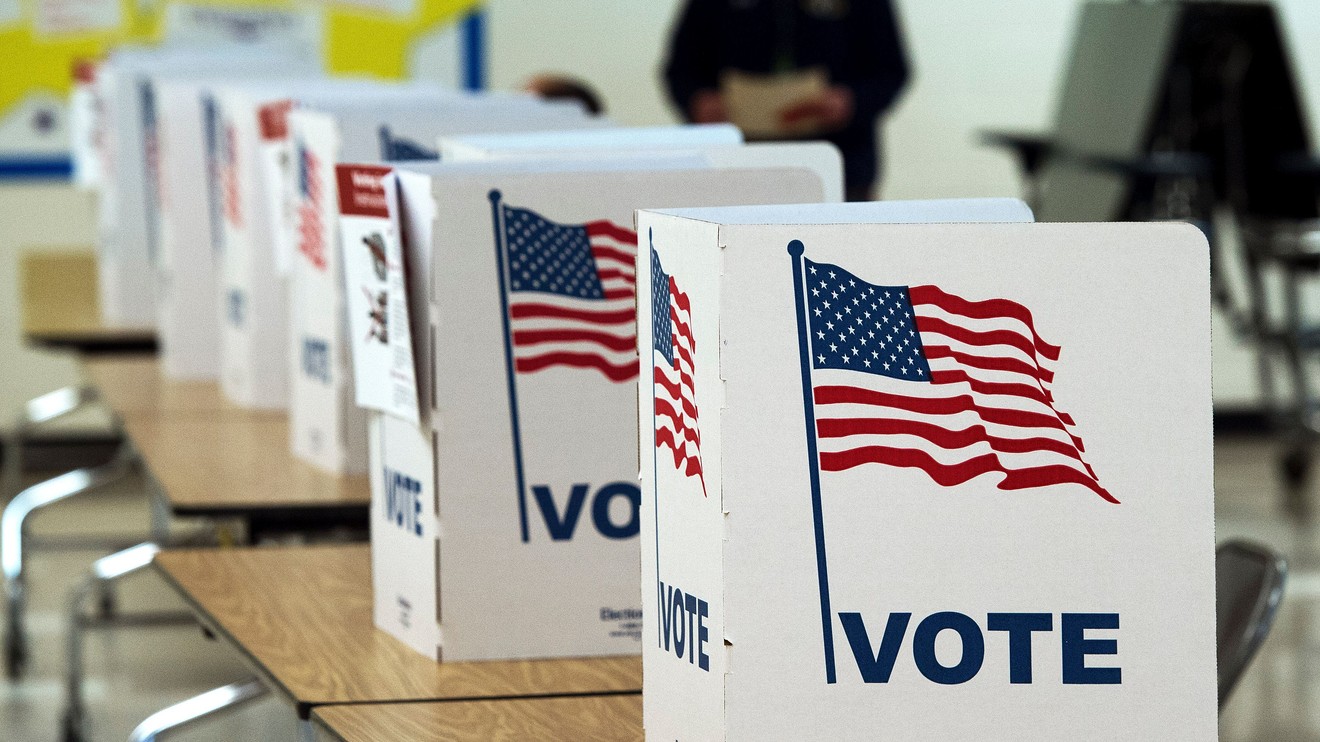
- Indices
- Stocks
What matters for the markets in the U.S. presidential race
Do you want to know how to make money from this?
Register for free and get expert advice, access to a training course and webinars.
Key points:
- A Trump victory may escalate trade tensions, negatively impacting European stocks, especially in export-oriented sectors.
- A Kamala Harris victory would benefit utility companies with U.S. projects, but a potential corporate tax increase could hurt profits.
- The euro could drop to $1.05 if Trump wins and rise to $1.15 if Harris wins.
The U.S. presidential election, a crucial event for financial markets in this election-heavy year, is just weeks away.
As Democratic candidate Vice President Kamala Harris and Republican Donald Trump engage in a heated race leading up to the November 5 election, ParadTrade summarizes a Reuters article on the most significant aspects of the election for global markets.
European markets fear a Trump victory
A Trump victory could spell trouble for European stock markets, particularly for export-oriented sectors such as German automakers (e.g., BMW) and luxury goods manufacturers (e.g., LVMH), due to a potential resurgence of trade tensions.
Barclays has warned that renewed trade conflicts could cause earnings in Europe to drop by notable, albeit single-digit, percentages. Trump has proposed imposing universal tariffs of 10–20% on nearly all imports to stimulate domestic production in the U.S. Meanwhile, a Kamala Harris victory could be more favorable for European stocks, especially benefiting the renewable energy sector, and could be a positive factor for utility companies with large U.S. projects, such as Orsted and Iberdrola.
However, in the long term, her plans to raise corporate taxes from 21% to 28% could shrink profit margins for both U.S. companies and European firms with dollar-denominated revenues. On the other hand, further tax cuts under Trump’s presidency would likely be welcomed by both U.S. and European markets.
A Harris victory could strengthen the euro
Trade tariffs are a crucial factor for traders dealing in major global currencies. The euro, currently trading below its 14-month September highs at around $1.09, is considered vulnerable if Trump wins, as this could lead to higher tariffs.
According to Mark Dowding, Chief Investment Officer at BlueBay Asset Management, the market expects a Trump victory to lower the euro-dollar exchange rate to $1.05, while a Harris victory could have the opposite effect, pushing the rate above $1.15.
Analysts also point out that geopolitical risks, especially those related to the Middle East, which drive up oil prices and hamper economic growth, make the euro a more vulnerable currency. A Trump victory could also negatively impact the Australian and New Zealand dollars, as these economies are dependent on trade with China—a major target of Trump’s tariffs, with around 37% of Australian and 29% of New Zealand exports going to China.
China: a breaking point
One of the key questions for global markets today is how to approach China. While the Chinese government is making promises to stimulate its economy, attracting investor attention, this interest could be offset by the rise of tariffs or trade wars under a Trump presidency.
Kamala Harris is expected to adopt a more selective approach to tariff policy, while Trump may opt for an aggressive and destabilizing strategy. Christophe Folio, International Equities Manager at Edmond de Rothschild, noted that if Trump wins, the rhetoric towards Chinese companies will become extremely negative. This would raise doubts among U.S. investors about China and could encourage multinational corporations to remove Chinese components from their supply chains.
According to Oxford Economics, under Trump, China may face new restrictions, including limited access to advanced technologies, which would reduce the country’s production capabilities. The Eurasia Group consulting firm believes that a Trump victory would force EU countries to also distance themselves from China.
Goldman Sachs strategists predict that Chinese stocks could drop by 13% if Trump imposes 60% tariffs on Chinese goods. However, the threat of export reductions could prompt Beijing to increase economic stimulus measures, including expanding government spending programs. According to Goldman experts, new U.S. tariffs could accelerate and extend China’s stimulus actions.
Do you want to know
How to make money from the news
Register for free and get:
- Expert consultation;
- Access to the training course;
- Opportunity to participate in webinars

